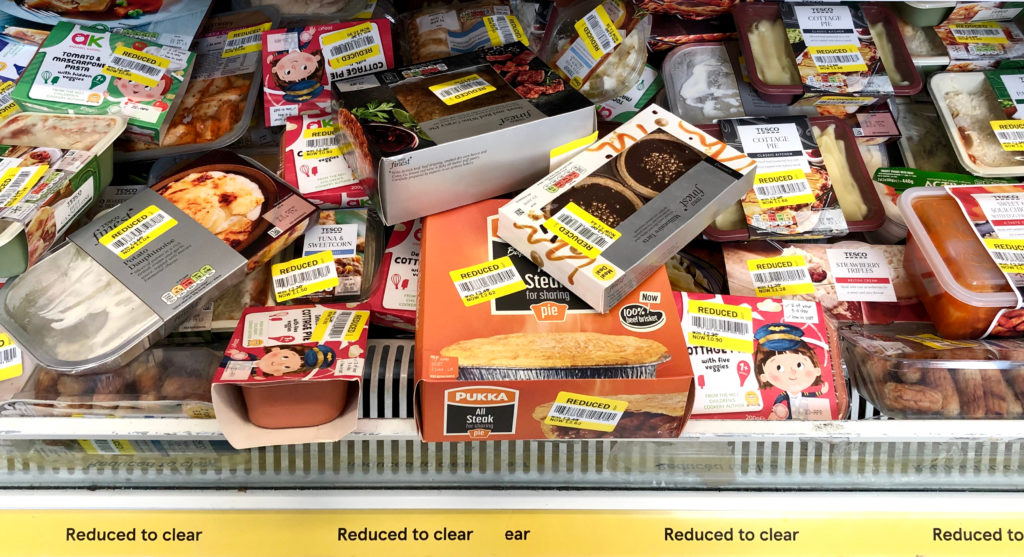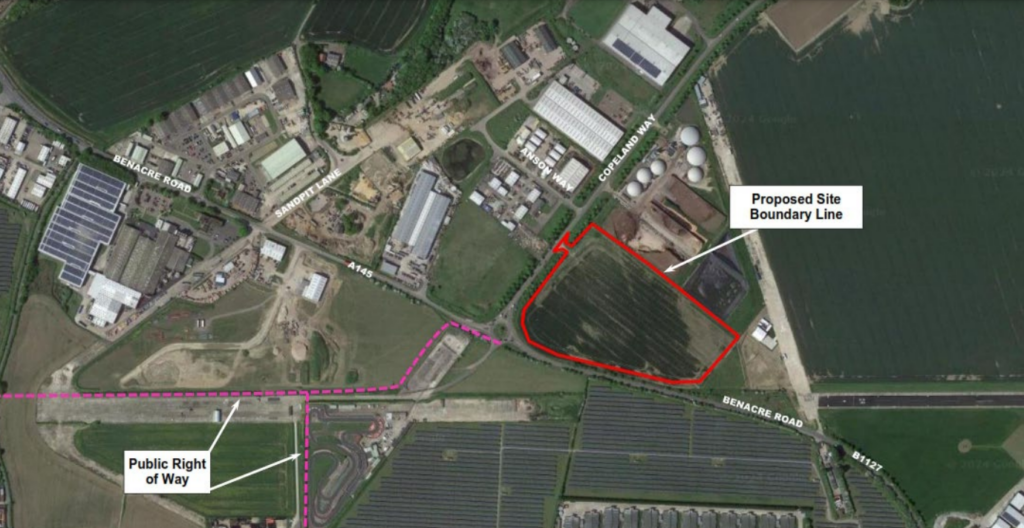The comments from Grant Keenan come as the government’s consultation on improved reporting of food waste by large businesses in England came to a close this week (5 September).
In the consultation, the department for the environment food and rural affairs (Defra) set out three options; do nothing, extend current voluntary arrangements or require food waste measurement and reporting for large food businesses.
A large company would be one with an annual turnover of £36m, an annual balance sheet total of £18m or 250 employees, and Defra estimated this would account for 67% of food waste.
Scotland
However, Mr Keenan has argued that England could mirror Scottish legislation without capacity issues.

Scottish businesses producing more than five kilograms of food waste a week are required to recycle it under legislation that came into effect in 2014.
To start with, only businesses producing more than 50 kilograms weekly were within its scope, but this dropped down to 5 kilograms two years later.
Mr Keenan said that the drop in the threshold meant that the legislation also caught small businesses, which collectively add up to quite a big piece of the market.
The legislation also requires greater recycling of food waste, while the current suggestions in England are to report it.
Capacity
Currently, Mr Keenan estimates that around 3 million tonnes of food waste is recycled per year in England, which he says could rise to 6 or 7 million if the legislation is implemented.
When asked whether there was sufficient capacity to accommodate such a significant increase, Mr Keenan told letsrecycle.com: “There are currently around 120 anaerobic digestion plants taking food waste, which were set up on the basis that legislation was going to be passed and there will be a lot of material. Those businesses have really been struggling and a few of them have gone into administration so they are ready for the capacity.”
He added that even in case of shortage, a lot of the plants have got the ability to extend, with the potential of in-vessel composting, which composts commingled food and garden waste, to take some of the pressure off.
Cost
On costs, Mr Keenan explained that many waste companies that aren’t separating food waste are having to bear the cost of it going to landfill, which he said costs up to £140 a tonne. If sent to an AD plant, this would cost a tenth of this, he said.
Furthermore, once landfilled, organic waste produces methane, which is even “more harmful to the environment than carbon dioxide”.
He added that with the current energy crisis, all food waste can be used to make gas and electricity, and said: “It seems crazy that we aren’t just getting on with it and implementing it. Especially when we have a blueprint across the border, we don’t need to reinvent, we just need to copy what’s been done.”

He highlighted that the company is ready for legislation to be passed in England, with 17 depots across the UK and the £6 million investment it made in trucks over the Covid period.
“Our whole investment case has been predicated on the legislation coming out in 2023,” he said. “It’s reached royal assent so it has to happen, but we just need a start date from Defra so that the industry can plan.”
Initially set up as a garden composting business, Keenan Recycling launched its commercial food waste collection services in Scotland in 2009 before moving south of the border in 2018 and then expanding across England.












Subscribe for free